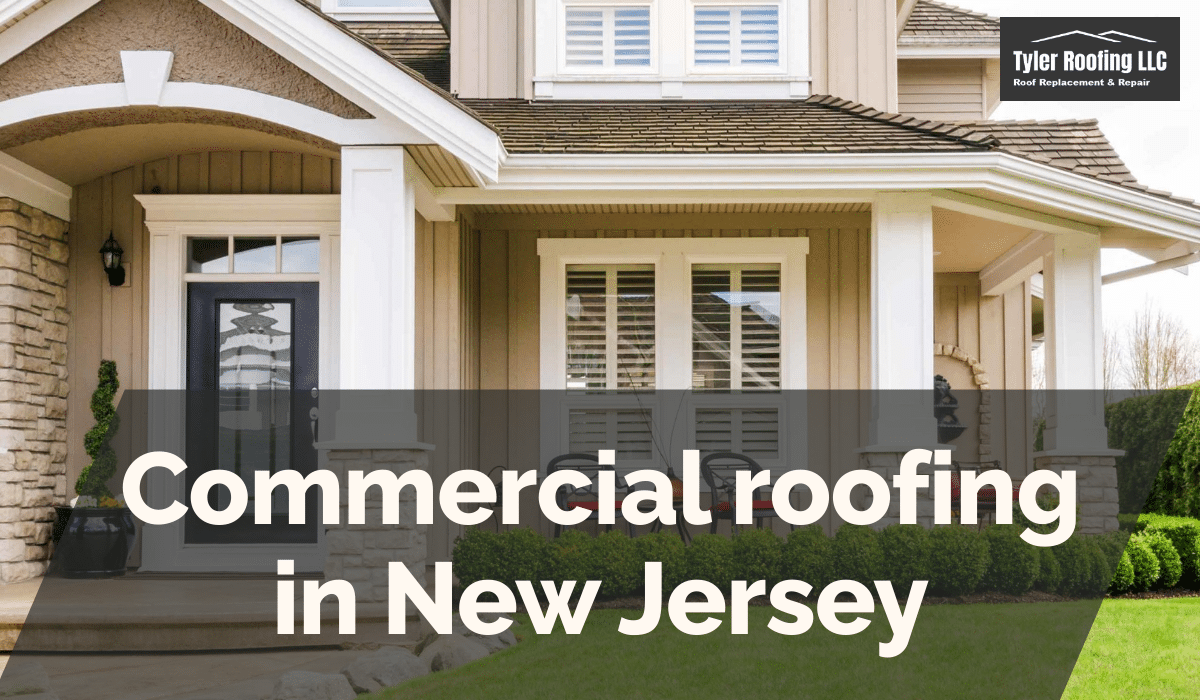Commercial roofing is an integral part of every business in New Jersey. Appropriate roofing not only adds to the aesthetic appeal of a commercial building but also serves to protect the assets inside. This article aims to shed some light on various aspects of commercial roofing in New Jersey.
Understanding the Need for Commercial Roofing
Commercial roofing, unlike residential roofing, is designed to cater to the specific needs of business buildings. Commercial roofs are built to withstand harsh weather conditions, which makes them a crucial part of any business establishment.
Types of Commercial Roofing
-
Flat Roofs: These roofs offer an ample amount of usable outdoor space and are significantly inexpensive to install.
-
Metal Roofs: Metal roofs are known for their durability, and they also offer design versatility.
-
Green Roofs: They are environmentally friendly and offer an excellent solution to businesses looking for sustainable options.
-
Shingle Roofing: Mostly used in small commercial structures, these roofs offer design flexibility and a wide range of materials to choose from.
Commercial Roofing Materials Used in New Jersey
In New Jersey, the most common materials used for commercial roofing are EPDM (Ethylene Propylene Diene Terpolymer, a durable synthetic rubber roofing membrane), TPO (Thermoplastic Olefin, which is known for its strength and energy-efficiency), and PVC (Polyvinyl Chloride, a reliable, long-lasting roofing material).
Frequently Asked Questions about Commercial Roofing in New Jersey
What is the average lifespan of commercial roofing in New Jersey?
The average lifespan of commercial roofing in New Jersey varies by the type of material used, but it typically ranges between 20 to 50 years.
How often should commercial roofing be inspected?
Experts recommend inspecting commercial roofing twice a year. However, after significant events such as storms, additional inspections may be necessary.
What are the warning signs of potential roof problems?
Signs such as water leaks, discolored walls or ceilings, unusually high energy bills can be pointers to potential roofing problems.
Conclusion
Commercial roofing, with its significant role to play in protecting your business establishment in New Jersey from weather calamities, deserves due attention. Having a clear understanding of the different types of commercial roofing, the materials used, and their maintenance can help business owners make informed decisions and safeguard their assets better.

